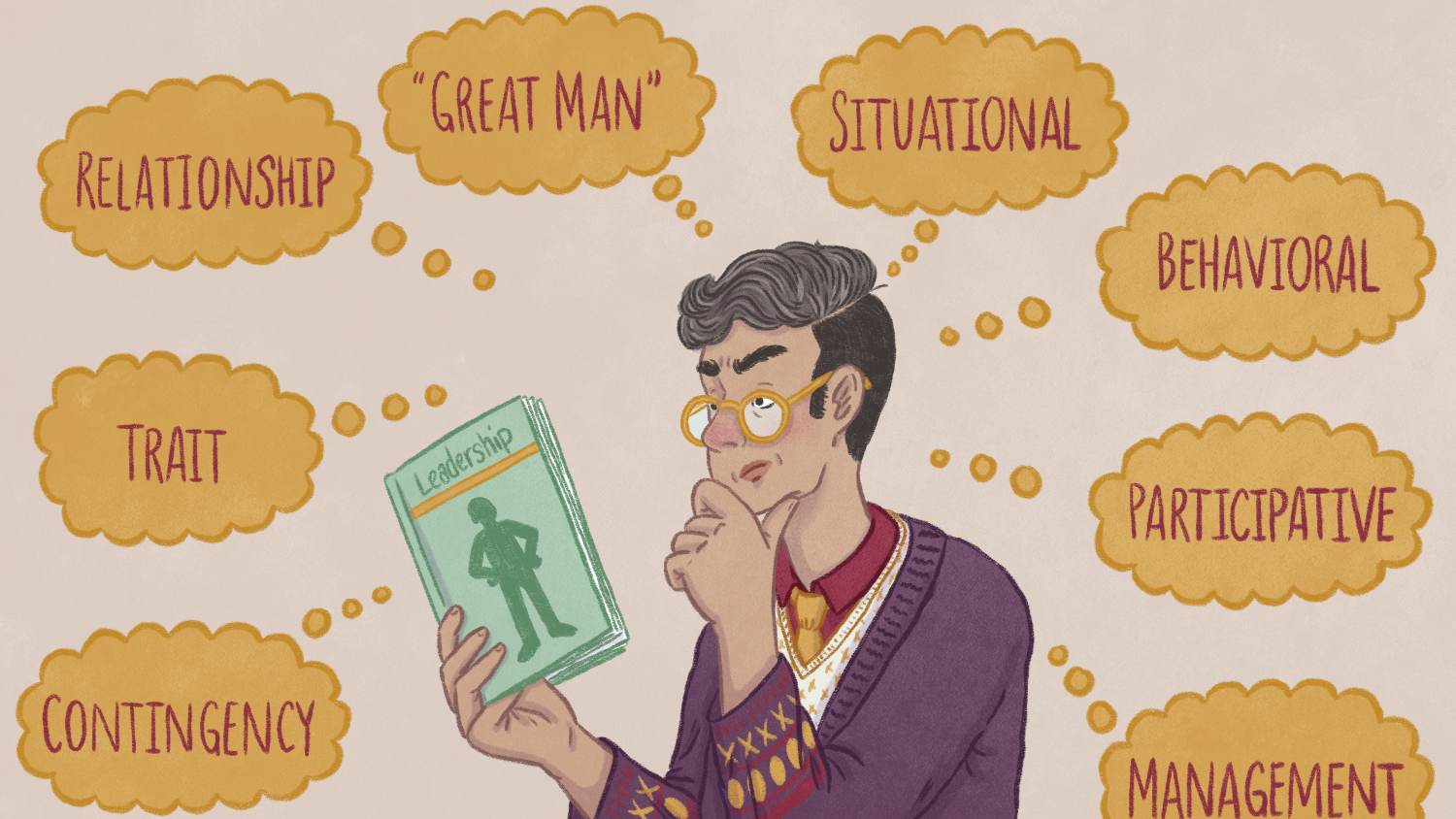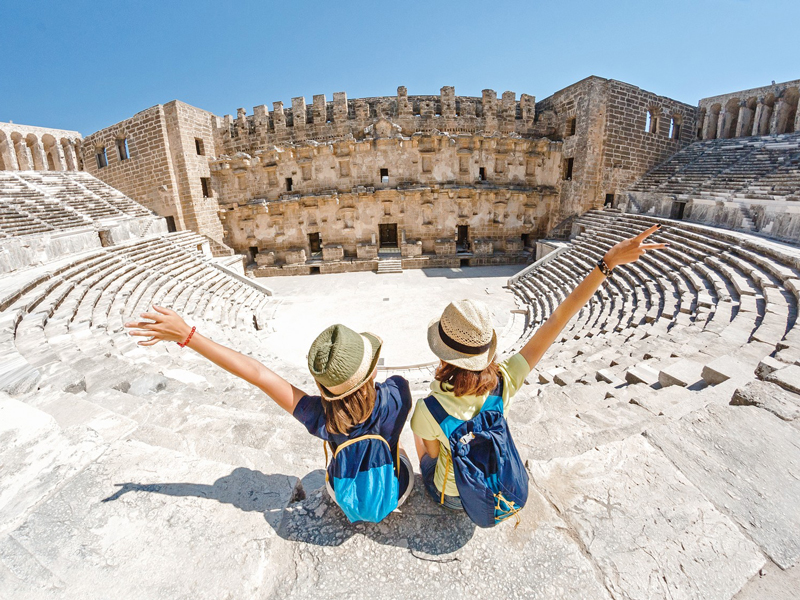If you have a chance to travel, grab it! It has a lot more benefits for your mental, physical and emotional health than you know it to be. Whether it’s work, with family, kids, friends or alone, every vacation you bring home lots of memories and experiences to cherish forever. Besides that, In addition to having time in a lifetime and having lasting memories, there are a number of educational Benefits of Traveling for Students you may not know. We‘ve created a list of the top benefits students experience while traveling.
Contents
- They will learn to handle independence and challenges with confidence
- Travel also instills a sense of confidence in young minds
- Your perspective enhances as you explore new cultures
- Their leadership skills and academic performance improves
- Appreciation
- New Friends
- Student’s worldview is expanded
- Reinforces classroom material
They will learn to handle independence and challenges with confidence
Staying away from friends and family, students learn to be more independent. They learn to manage situations on their own and take decisions related to food, basic needs, and budget. Things most students take for granted when living in the company of elders.
Travel also instills a sense of confidence in young minds
This is because even well-planned travels can put you in unthought-of situations. Your luggage, wallet, or passport can get lost, your flights may get delayed and the weather may not support your travel; there could be umpteenth situations that may test your patience and presence of mind. Your reactions in such situations will eventually help you gain more wisdom and help you make better decisions in the future. You will gain confidence as you learn to make decisions in challenging situations.
Your perspective enhances as you explore new cultures
Staying amidst people of different cultures and exchanging ideas and opinions help students gain profound experiences. Such cultural exchanges help students shake off some of their preconceived notions and establish new ones that are more accommodating towards others.
It is only through travel that students can truly understand the beauty in diversity and break out of their cultural-centric perspectives on life. Such exposure also helps students nurture strong values and organize their priorities in life.
Their leadership skills and academic performance improves

It has been observed that traveling helps young students fare better academically. Traveling helps them to see and perceive things on their own and develop a better understanding of the subject matter. For instance, students understand the history and geography of a place better when they actually visit it. Their knowledge of science and mathematics also improves. This is because they begin to appreciate the everyday application of science and mathematics when traveling.
Traveling helps students speak with confidence as their knowledge is derived from things that they have actually observed. They speak with confidence and conviction and hence earn respect in their peer group. Investment in travel is, therefore, necessary for students that wish to improve on their academic performance and leadership skills.
Appreciation
Getting away from home is also a chance to allow a student to realize what they miss most. Experiencing another place and culture is an opportunity to appreciate what they already have and realize the importance of the little things that often go unnoticed.
New Friends
Cultural immersion through travel and service programs can also help break down language barriers and open new channels of lifelong communication. Exploring a new place opens doors to establish new friendships and relationships that never would have been acquired without traveling.
Student’s worldview is expanded

Embarking on educational tours, and submerging students into cultural experiences have been found to be invaluable for development and understanding. It is a perspective that cannot be taught, only experienced for oneself. As I’m sure you’re aware, it is hard to impart a passion for learning languages, understanding another culture, or teaching why current world affairs are important to your students in the classroom alone. Traveling, and visiting a country different from one’s own can trigger ideas and solutions that may not stem from familiar comforts and habits.
Reinforces classroom material
Going to important historical landmarks and great museums gives students the opportunity to visualize, experience and discuss the topics they study in order to gain greater understanding. Not only will students recall the experience long after the trip, but they may also start to develop historical empathy, contextualizing historical actions and understanding people of the past. This gives them a deeper understanding of people, places and situations which in turn can teach students critical thinking in their own life.







